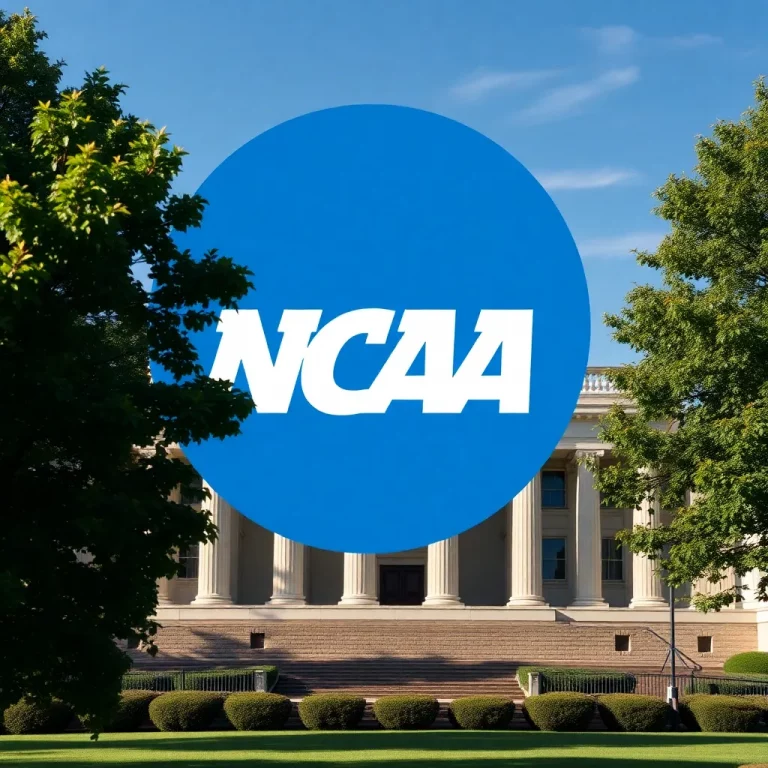NCAA Settlement Nears Final Approval in Landmark Case
San Francisco, CA – The ongoing legal battle regarding player compensation in college athletics may be coming to a close. On Wednesday night, attorneys in a significant antitrust case involving a proposed $2.8 billion settlement submitted a brief aimed at addressing concerns raised by Judge Claudia Wilken about new roster limits.
This settlement is part of a broader agreement, hoping to allow schools to share revenue with athletes, starting July 1, with a cap of $20.5 million. The agreement would also enable schools to reinstate players who were cut during the 2024-25 academic year without those players counting against the new roster limits. Players who were cut could also transfer to new schools.
The brief clarified that any roster-limit exceptions would be at the discretion of the schools. Judge Wilken has raised concerns about potentially 5,000 players being cut due to these roster limits, prompting her to request a plan to “grandfather” current players into the settlement.
In her recent statements, she noted, “There are no guarantees that designated student-athletes will get or maintain roster spots.” This has caused some unease, as several coaches already began cutting players in anticipation of the settlement.
High school seniors promised scholarships that were later rescinded due to roster limits will also be exempt under this agreement. Should the settlement reach final approval, it would resolve three separate antitrust lawsuits against the NCAA, initially filed by athletes aiming to lift restrictions on revenue sharing.
As of now, many schools are working on models that align revenue sharing with their back-payment plans for players. In some cases, it’s expected that upwards of 75% of future revenue will be allocated to football players. However, even with potential concessions, concerns regarding fairness among different sports remain.
Meanwhile, a new enforcement model called the College Sports Commission will likely be established to oversee compliance with the new regulations and to manage NIL deals as well as revenue-sharing practices among schools.
As college athletics gears up for the July 1 changes, all eyes are on Judge Wilken as she reviews the recent submissions and determines whether to grant final approval. The outcome of this case may not only reshape college sports but also set precedents for how student-athletes are treated across the country.


